It was refreshing to see the start of the long-awaited cricket season albeit being delayed three months. I am sure there are plenty of groundsmen finally glad to see the restart of competitive cricket and feel that all the hard work was worth the wait.
No doubt the recent wet weather front last week may have put paid to some fixtures, but it goes without saying the weather is always on the forefront of every practicing groundmen and adds to the challenges they face when preparing pitches.
Many groundmen had less than a week to complete their final preparations, so it will be interesting to hear they got on and the results of their labour in terms of ball bounce and performance.
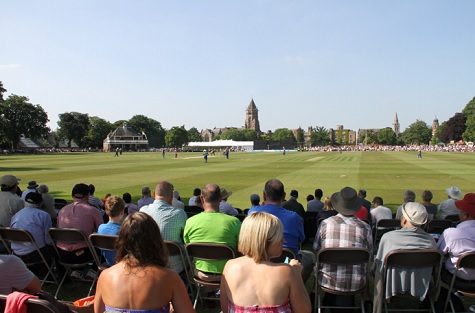
It was also pleasing to see Liverpool finally win the Premiership they have so eagerly been longing for. As for rugby, there have been national headlines in many newspapers, with The Guardian stating of the unprecedented size of the hole in rugby’s finances caused by the Covid-19 pandemic, has forced the Rugby Football Union to announce that almost a quarter of its staff face imminent redundancy. A total of 139 jobs are at risk with the wide-ranging cuts set to be carried out by the end of next month.
On the same day a restart of Premiership rugby moved a step nearer with players able to resume close contact training. The RFU’s chief executive, Bill Sweeney, said he is now budgeting for losses of up to £107m and that the governing body would still be suffering from the effects of the crisis in five years’ time.
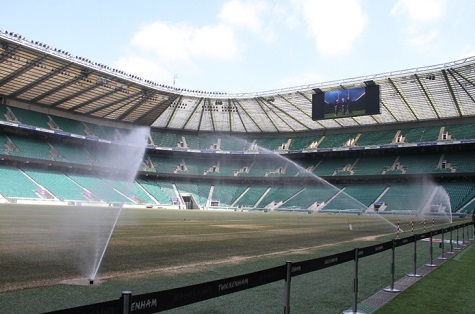
Which brings me on to the subject of how long will the effects of the pandemic continue to hinder our return to industry normality? I still have doubts about our industry shows. There’s no further news on whether the Harrogate show will be able to go ahead. Glee and APF in September have both been cancelled. The Amenity Forum Conference in November is still scheduled to be going ahead.
If this pandemic continues to drag on, we could also see the cancellation of many more events well into next year.
It has now been confirmed that this year’s Ryder Cup, due to be held in September at Whistling Straits, will be postponed until 2021.
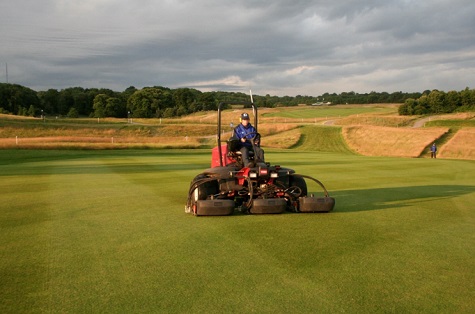
The announcement last Wednesday was inevitable and had no doubt been in their minds for many weeks as the PGA of America, the European Tour and the PGA Tour tried to adjust with so many moving parts.
The parks situation
The rest of my blog this week is centred on the current state and management of our parks and public open spaces. I read an interesting piece in The Times that The National Trust is calling on the government to introduce 600-plus new street parks to be built in grey areas - areas that have no nearby green space to improve their living space.
These new street parks would cost £400 million to create but would deliver health and welfare benefits worth more than £100 million a year, a report commissioned by the trust said.
Another report I read that states The National Trust has called for a £5.5 billion commitment from the government to invest in “greening” the nation’s most deprived and greyest urban areas over the next five years. The study identified three major interventions to “level up” access to quality green spaces.
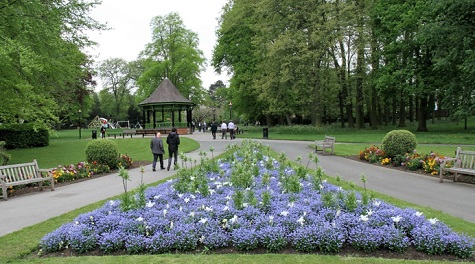
These are: transforming grey side streets into street parks, upgrading poor quality parks with more trees and better facilities to make them “fit for the 21st century”, and creating large regional parks and forests on the urban fringe to make it easier for people without a car to enjoy wild natural spaces.
The director-general of the National Trust, Hilary McGrady, said the surge in use of green spaces during the coronavirus pandemic – up 25% this May compared with May 2018 – shows a desire for urgent green investment in neighbourhoods, towns and cities right across the country.
Similarly, Fields in Trust have reported on the importance of parks and open spaces in a recent communication, asking “Imagine a world without parks”.
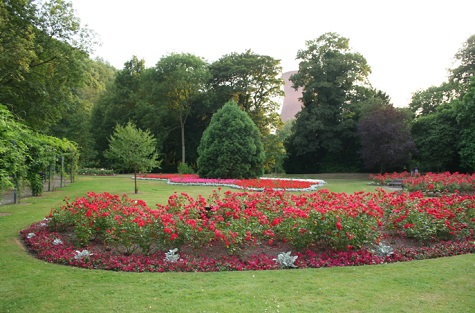
Since 1925, the charity say they have protected 2,852 green spaces in perpetuity, yet still 2.7m people live more than a ten-minute walk from their nearest park. Their work to champion and support parks and green spaces is vital and must continue. Parks will be a powerful part of our recovery from the current crisis helping to create stronger, more connected, healthier communities. Too help celebrate the Trust’s 95th anniversary, they are asking for donations to help their ongoing work to ensure everyone in the UK has a park or green space within a short walk from their home, which is protected from development for future generations to enjoy.
In my view, yes there is no denying that we need new investment in new public open spaces, but really we should be investing in the parks and open spaces we already have to bring them up to today’s expectations and needs.
For over thirty years I personally have seen a major decline in appropriate investment in our parks and public open spaces. When I started working for Birmingham City Council as a parks apprentice in 1972, I was privileged to have learnt many horticultural skills working alongside colleagues in many of the city’s premier public parks (Cannon Hill and Kings Heath Park), where we had our own green houses and grew most of the plant materials ourselves. Back then we also had one of the finest and most modern propagating nurseries in the UK at Coften Nursery.
I fondly remember we had over 50 staff in Cannon Hill Park alone. I was trained at Kings Heath Park where the council had set up its own Horticultural College that first started training parks apprentices in 1955.
During my career in parks management I was only too aware of the cutbacks and changes we had to face, which really began after the implementation of the Compulsory Competitive Tendering act of 1988.
In my opinion, since that time we have seen a substantial decline in parks services, especially in the last twenty years. It was in fact, one of the reasons I left local authority management back in 2002.
However, ever since the outbreak of this devasting Covid-19 pandemic we have all witnessed the major health and wellbeing benefits these valuable open spaces bring to the table. Many parks officers and supporting organisations are now calling on the government to recognise the importance of these assets and begin investing in them again.
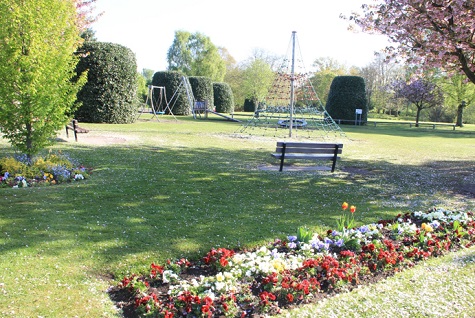
We have several organisations now actively promoting and supporting the need for investment in public open spaces including the newly formed Parks Management Forum, led by Paul Rabbits, who are seeking collaboration with many associations and businesses to support the role of parks managers.
Equally we also have The Parks Alliance who just completed a recent survey (June 2020) and produced a report called Make Parks Count - well worth a read.
Another organisation that is helping deliver better parks is the National Federation of Parks and Green Spaces who again have conducted and produced a report called Parks And People Stronger Together.
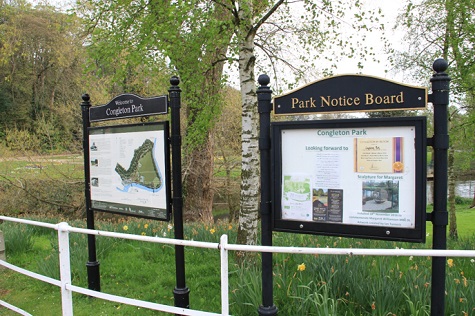
Fundamentally, change is required in how we manage these public open spaces and we must see the appropriate investment by government / and or businesses to fund these vital assets.
And my final word on parks, is the announcement by the Landscape Institute of their continued collaboration with The Midlands Parks Forum with a “virtual' November conference.
'Real Skills in a Changing Landscape' will explore the diverse range of skills and knowledge required by parks and landscape practitioners.
The conference will include keynote speakers, leaders from the profession and guest panels who will discuss the skills needed in the face of current challenges.
The conference will be recorded and available later on LI Campus (accessible free of charge to Midlands Parks Forum members).